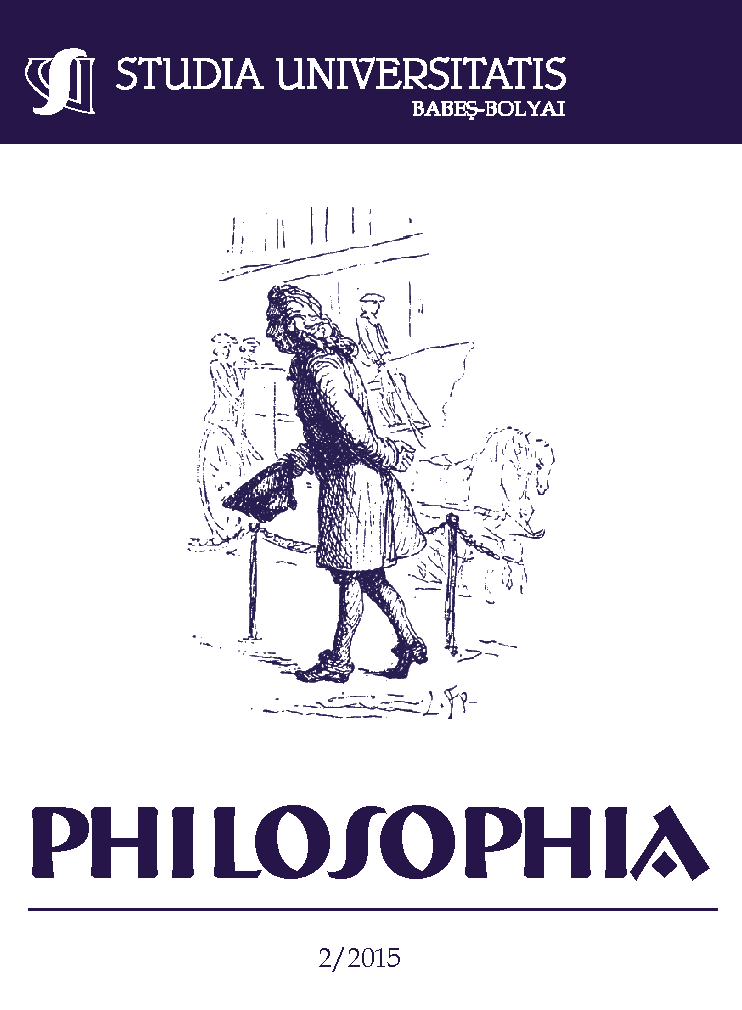BUILDING DEMOCRACY: TRANSITION AND CONSOLIDATION PATTERNS IN POST-COMMUNIST ROMANIA
Keywords:
post-communism, transition, democratic consolidation, reversibility, modernizationAbstract
The study intends to analyse patterns of transition and consolidation connected to Romanian scenario, in order to identify the vulnerabilities and dysfunctionalities derived from local trajectory towards democratization. The research is grounded on two major assumptions. First work hypothesis claims the existence of a strong particularism within Romanian rite of separation, entailing also significant differences in sphere of consolidation prospects, while second hypothesis sustains the conservation of societal modernization gaps, influencing the ascent to democratization. Exploratory endeavour utilize a comparative frame, decrypting the transitional mechanism trough filter of four regime change theories: functional approach, transnational view, genetic theory and interactive paradigm.References
Bernhard, Michael, Kubik, Jan, Twenty Years After Communism: The Politics of Memory and Commemoration, Oxford University Press, 2014.
eds. Bonker, Frank, Muller, Klaus, Pickel, Andreas, Postcommunist Transformation and the Social Sciences: Cross-Disciplinary Approaches, Rowman & Littlefield, Lanham, 2003
Dahl, Robert Alan, Polyarchy: Participation and Opposition, Yale University Press, 1973.
Deletant, Dennis, Romania Under Communist Rule, Center for Romanian Studies, London, 1999.
Diamond, Larry, Consolidating the Third Wave Democracies, vol. I., JHU Press, Baltimore, 1997.
Eisenstadt, Shmuel Noah, Comparative Civilizations and Multiple Modernities, BRILL, Leiden 2003.
eds. Graubard, Stephen Richards, Exit from Communism, Transaction Publishers, New Jersey 1993.
Huntington, Samuel P., Political Order in Changing Societies, Yale University Press, 1996.
Huntington, ,Samuel P., The Third Wave, University of Oklahoma Press, 2012.
Walter Joyce, Hillel Ticktin, Stephen White, Gorbachev and Gorbachevism, Psychology Press, East Sussex, 1989.
Kitschelt, Herbert, Post-Communist Party Systems: Competition, Representation, and Inter-Party Cooperation, Cambridge University Press, 1999.
Kirchheimer, Otto, “Confining Conditions and Revolutionary Breakthroughs”, American Political Science Review, Volume 59, Issue 04, 1965.
Linz, Juan J., Stepan, Alfred, Problems of Democratic Transition and Consolidation: Southern Europe, South America, and Post-Communist Europe, JHU Press, Baltimore, 1996.
Lipset, Seymour Martin, Revolution and Counterrevolution: Change and Persistence in Social Structures, Transaction Publishers, New Jersey, 1960.
Lerner, Daniel, The Passing of Traditional Society: Modernizing the Middle East, Free Press, New York, 1958.
eds. Pridham, Geoffrey, Ágh, Attila, Prospects for Democratic Consolidation in East-Central Europe, Manchester University Press, 2001.
Roper, Stephen D., Romania: The Unfinished Revolution, Hardwood Academic Publishers, Amsterdam, 2000.
Rose, Richard, Understanding Post-Communist Transformation: A Bottom Up Approach, Routledge, New York, 2009.
Verdery, Katherine, National Ideology Under Socialism: Identity and Cultural Politics in Ceausescu's Romania, University of California Press, Berkeley, 1991.
Verdery, Katherine, The Vanishing Hectare: Property and Value in Postsocialist Transylvania, Cornell University Press, New York, 2003.
Downloads
Published
How to Cite
Issue
Section
License
Copyright (c) 2015 Studia Universitatis Babeș-Bolyai Philosophia

This work is licensed under a Creative Commons Attribution-NonCommercial-NoDerivatives 4.0 International License.





